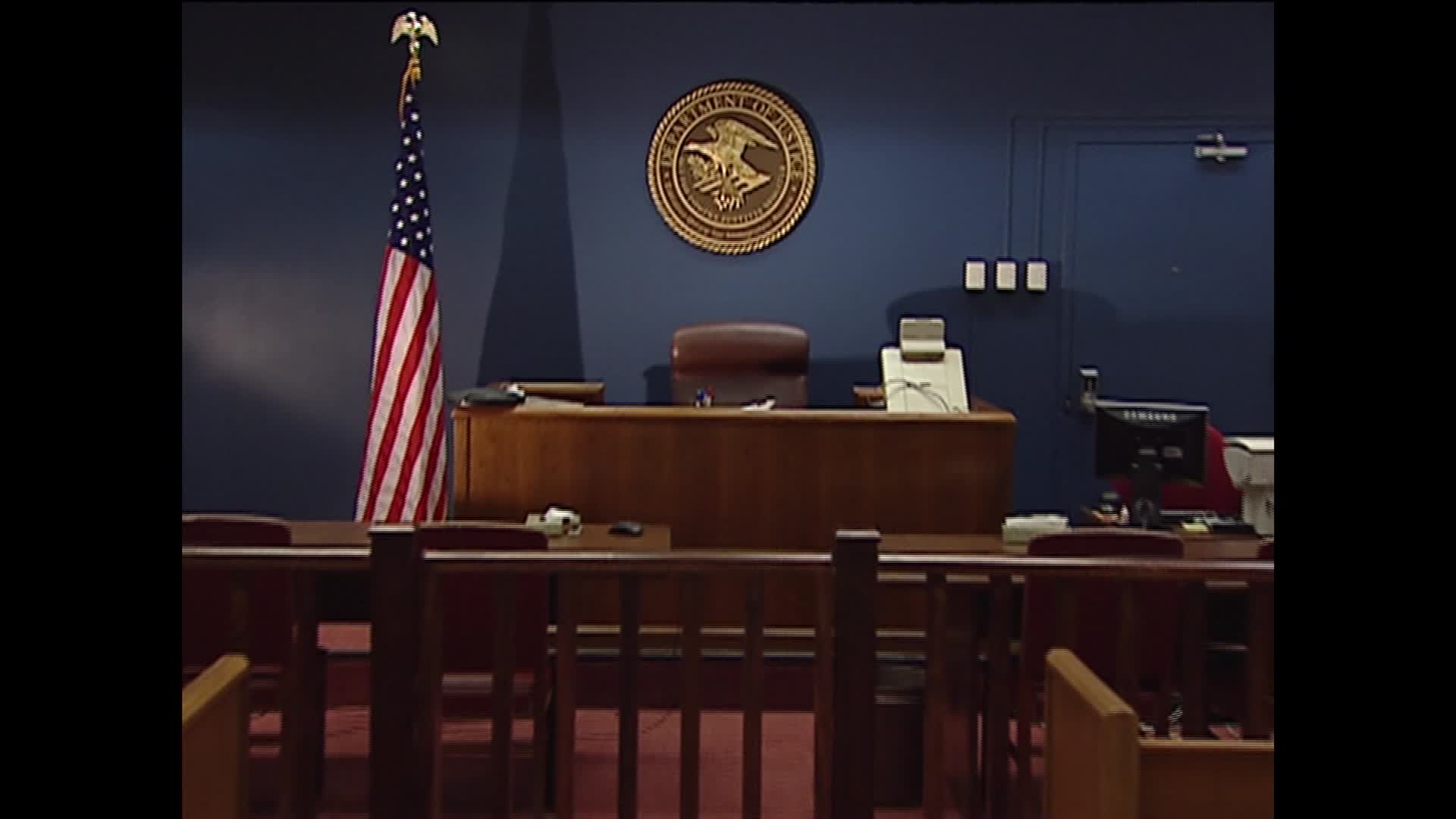Christopher Landry, a Canadian-born green card holder, recently faced an agonizing and humiliating ordeal at the U.S.-Canada border that has left him separated from his family and job. After living in the United States for over 40 years, Landry was stopped by border agents and interrogated for three hours due to past cannabis-related convictions. This incident brings to light a troubling reality for countless immigrants navigating an increasingly hostile immigration landscape.
Border Agents Target Immigrants with Past Convictions
Landry"s experience is not an isolated incident. According to research findings, over 7,739 immigration arrests and 48,015 deportations have been recorded due to cannabis possession alone, despite the fact that many states have legalized recreational use. These actions reflect a broader crackdown on individuals with any history of drug-related offenses, even when those actions are no longer considered criminal by many states.
Legal Pathways Are Becoming More Convoluted
Landry"s struggle illustrates the harsh reality of the U.S. immigration system, where a green card does not guarantee safety from scrutiny. With a system increasingly focused on punitive measures rather than rehabilitation, many immigrants are left vulnerable. “There"s really no easy pathway to an immigration judge outside of the country,” Landry lamented, highlighting how the legal framework has become a labyrinth of obstacles for those seeking to rectify their status.

Ernie Scherer interrogation excerpts - CBS News
Impact of Political Climate on Immigration Policies
The current political climate has intensified scrutiny over immigration, especially against individuals with past convictions. As reported by the Department of Homeland Security, recent policies have expanded the Safe Third Country Agreement, making it easier to detain individuals crossing the border. This may disproportionately affect individuals like Landry who have made mistakes in their past, as the focus shifts from community integration to stricter enforcement.
Widespread Fear Among Immigrants
Landry’s case has sparked outrage and fear among immigrant communities, emphasizing how vulnerable they are to sudden changes in immigration enforcement. His grandmother Clara expressed her disbelief, recalling decades of trouble-free travel across the border. “We never felt threatened as far as our status was concerned,” she said, underlining a generational shift in how immigration is perceived and enforced.

Judge expresses skepticism of return-to-Mexico asylum process ...
Changing Nature of Immigration Enforcement
The difference in enforcement can be attributed to a growing sentiment that seeks to punish rather than rehabilitate. Immigration lawyer Blair Hodgman noted that controlled substance convictions have always rendered individuals inadmissible, but increased attention is now being paid to these cases. This shift indicates a new era of immigration enforcement where prior convictions can lead to devastating consequences, regardless of the context or time elapsed.
As Landry navigates this painful situation, he is left grappling with the implications of political decisions and their impact on real lives. “It feels like death. It’s hard. I miss them a lot,” he expressed, capturing the emotional toll that such policies impose on families. His story is a stark reminder of how complex and punitive our immigration system has become, particularly for those who have already faced difficulties in their lives.

![[Video] Federal officers deploy sting balls and flash grenades at Whipple Building](/_next/image?url=%2Fapi%2Fimage%2Fthumbnails%2Fthumbnail-1768340555229-vhfcc-thumbnail.jpg&w=3840&q=75)
![[Video] Crowd-control weapons used in Minneapolis as anti-ICE protesters attack police vehicle](/_next/image?url=%2Fapi%2Fimage%2Fthumbnails%2Fthumbnail-1768336302231-akxf7s-thumbnail.jpg&w=3840&q=75)

![[Video] Protests erupt in Minneapolis after ICE detains teenager, multiple arrests made](/_next/image?url=%2Fapi%2Fimage%2Fthumbnails%2Fthumbnail-1768331835371-z9ylqg-thumbnail.jpg&w=3840&q=75)


![[Video] Gunfire between Iraqi security forces and Sadr militias in Baghdad](/_next/image?url=%2Fapi%2Fimage%2Fthumbnails%2Fthumbnail-1768343508874-4redb-thumbnail.jpg&w=3840&q=75)
